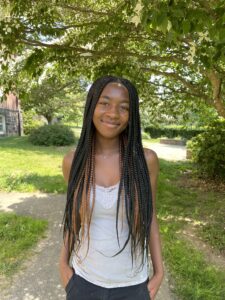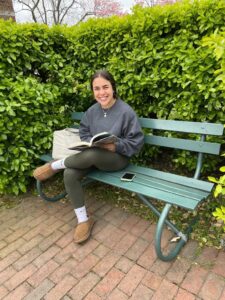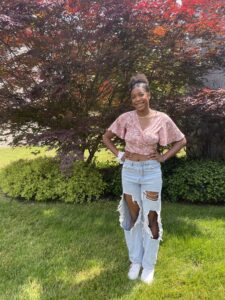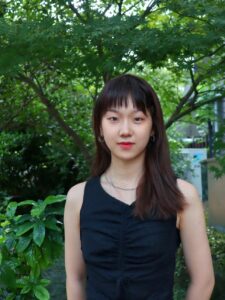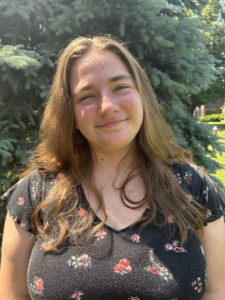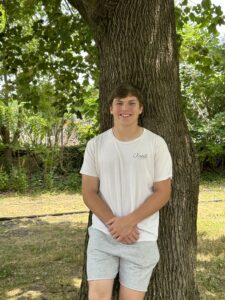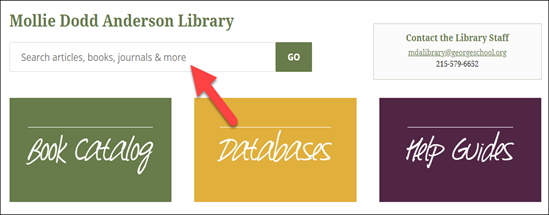With the proliferation of cable news and social media, it has become easier and easier to slip into a confirmation bias bubble. The science fiction author Douglas Adams wrote that “everything you see or hear or experience in any way at all is specific to you. You create a universe by perceiving it, so everything in the universe you perceive is specific to you.” If your universe is increasingly only inhabited by like-minded people, how can we, in the words of the George School mission statement, help students “treasure learning for its own sake and to use it to benefit a diverse world.”? Part of that answer for me is to emphasize the importance of perspective and to hopefully model it appropriately in the classroom.
One of the reasons I value the IB History Diploma is because of the emphasis placed on evaluating multiple perspectives of the same historical topic or question. Students cannot score in the highest mark bands for IB History if they do not identify and evaluate perspectives other than their analysis to the prompts that are presented on the exam and for the question they themselves ask for their Historical Investigation. It is not enough to just acknowledge there are differing perspectives, the students need to analyze those perspectives. For me, this is core to the IB mission statement: “These programs encourage students across the world to become active, compassionate and lifelong learners who understand that other people, with their differences, can also be right.”
How to model this in the classroom? Of course, we have detailed discussions regarding the historiography of major events in world history, but I was hoping to come up with a less abstract activity. The opportunity presented itself with the unit in IB HL History: Americas Focus that is centered around Fidel Castro’s Cuba. To acknowledge my own bias, I used to live in Miami and have several friends that are a part of the Cuban-American expatriate community. They have a very clear perspective on Castro that still shapes their worldview, and has had ripple effects that continue to this day, especially with national politics. Knowing this bias, I was interested in providing students with another perspective.
I am grateful for Fran Bradley, former George School teacher and administrator, for agreeing to meet with my classes. Fran has, and I believe I can say this without hyperbole, traveled to Cuba more times than any living American. He developed the first high school service trip to Cuba in the late 70s. He has testified before Congress and been a part of a Supreme Court Case encouraging better relations between the United States and Cuba. These events have shaped his perspective in a way that is clearly different from my experiences. For him to generously donate his time and meet with George School students has been invaluable. Modeling respectful dialogue with Fran has not only helped my students but has helped me to understand that other people can be right.
Ben has a BA from Siena College and an MA from SUNY Albany. He came to George School in 2005. Ben coaches Cougar football and basketball teams and loves golf, running with his dog, following American and British politics, reading Victorian literature and The Onion, vacationing in Canada, and all things barbecue.

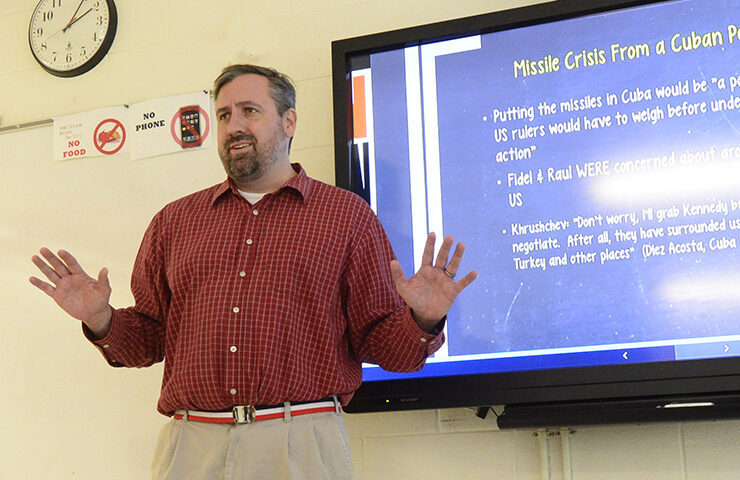
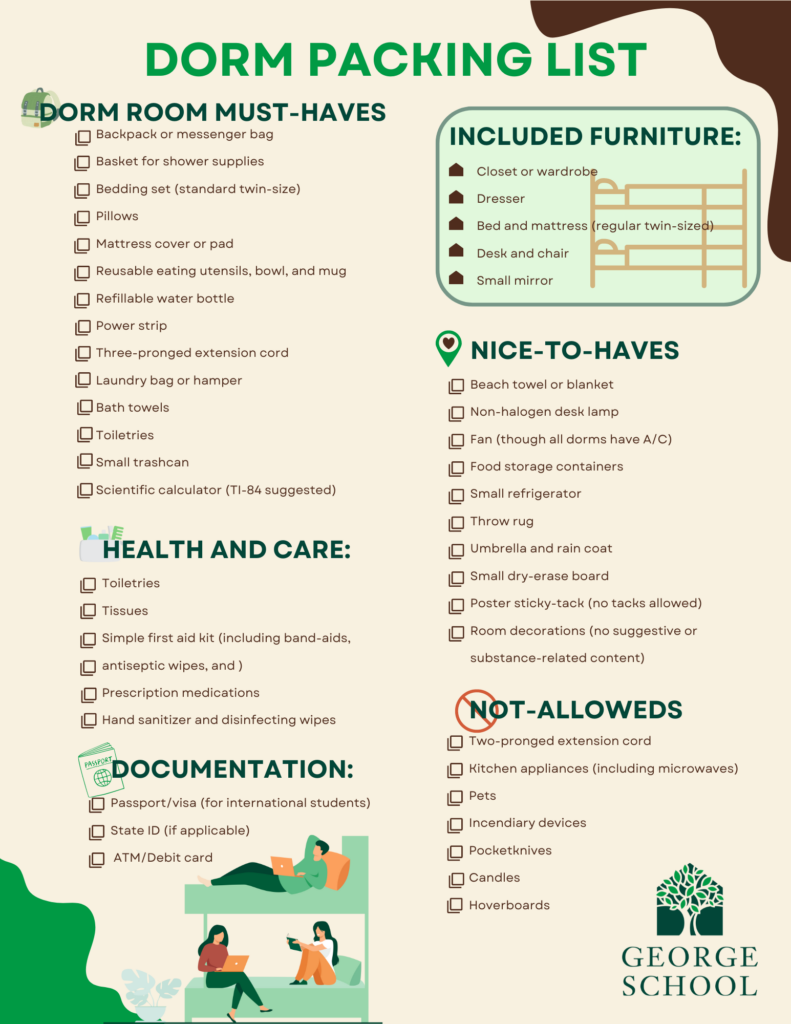
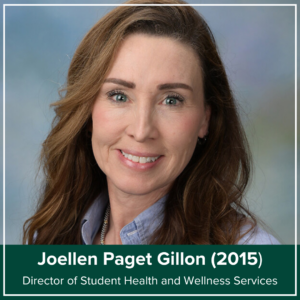 Joellen Paget Gillon (2015)
Joellen Paget Gillon (2015)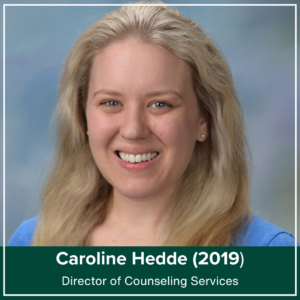 Caroline Hedde (2019)
Caroline Hedde (2019)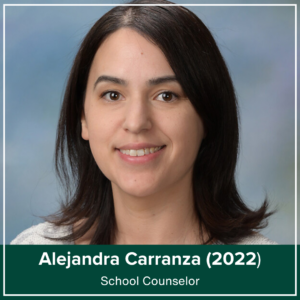 Alejandra Carranza (2022)
Alejandra Carranza (2022) Dr. Mariam Mahmud (2020)
Dr. Mariam Mahmud (2020)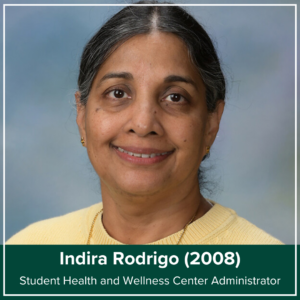 Indira Rodrigo (2008)
Indira Rodrigo (2008)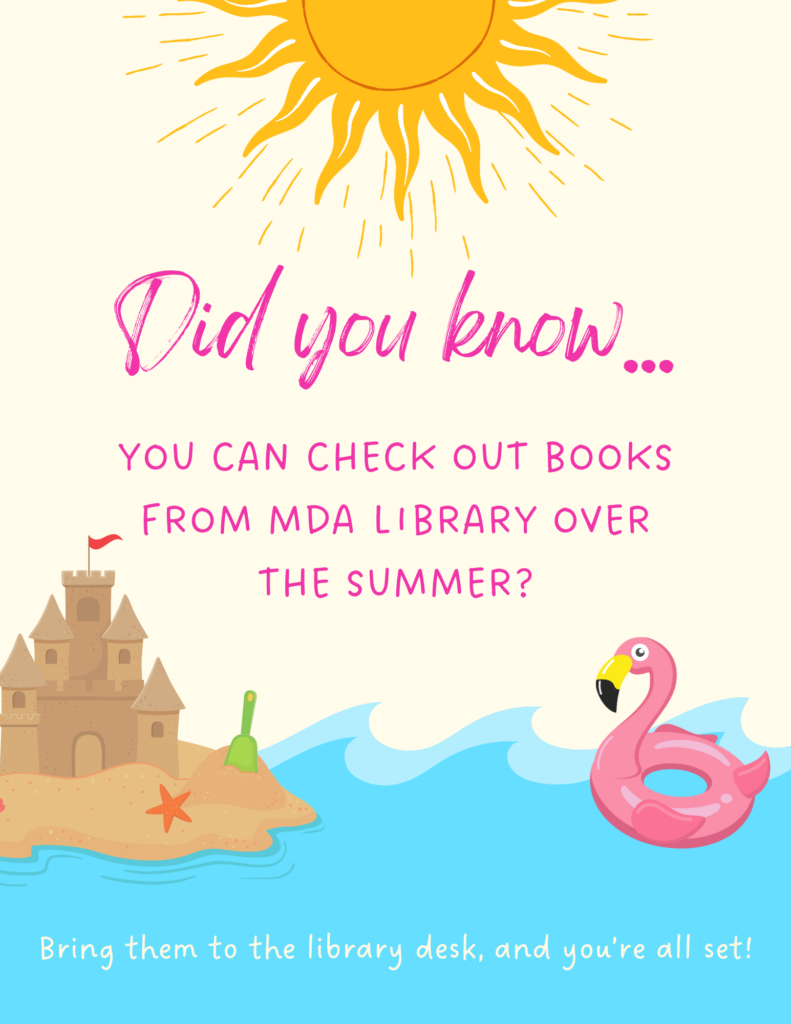
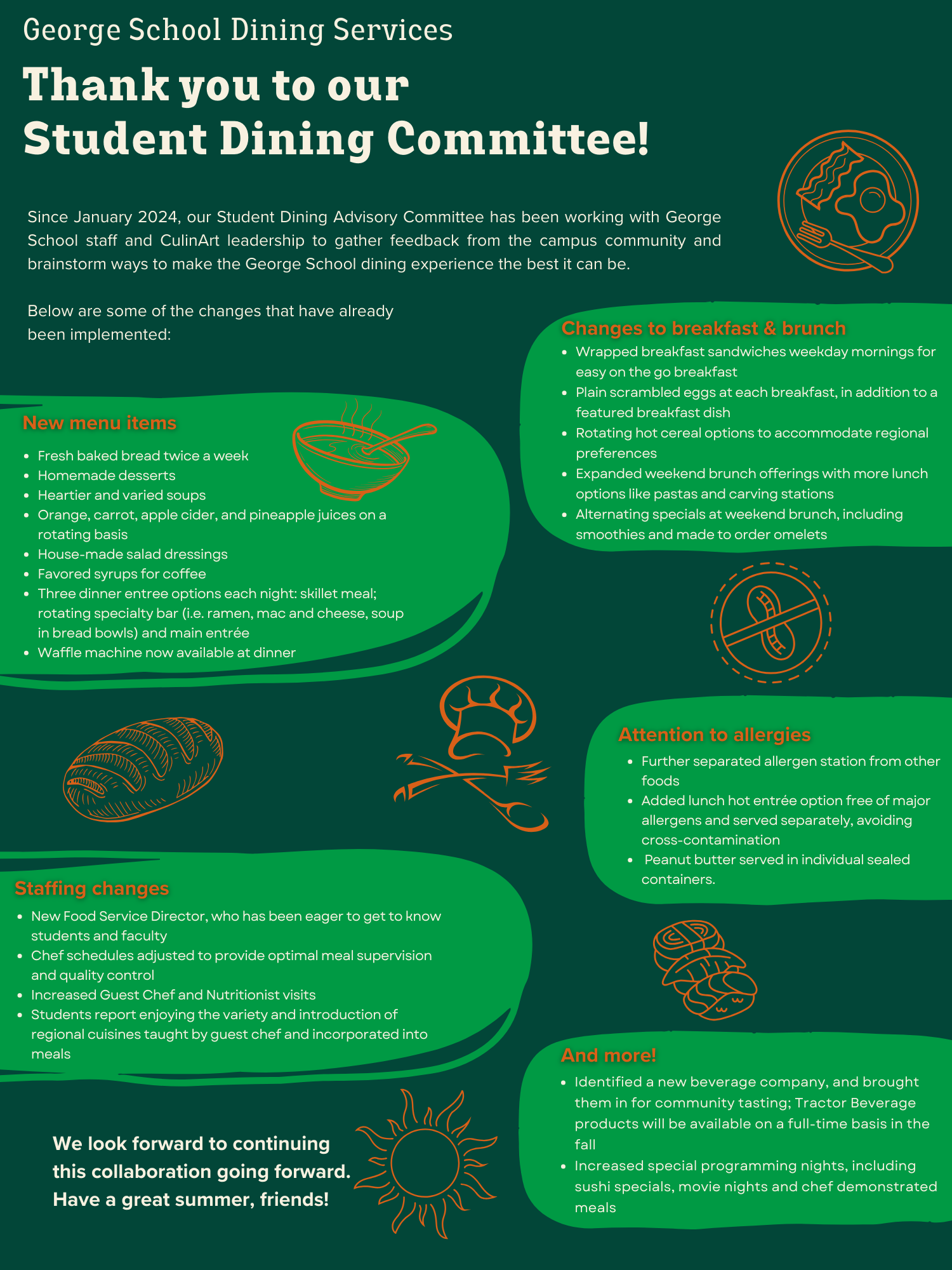
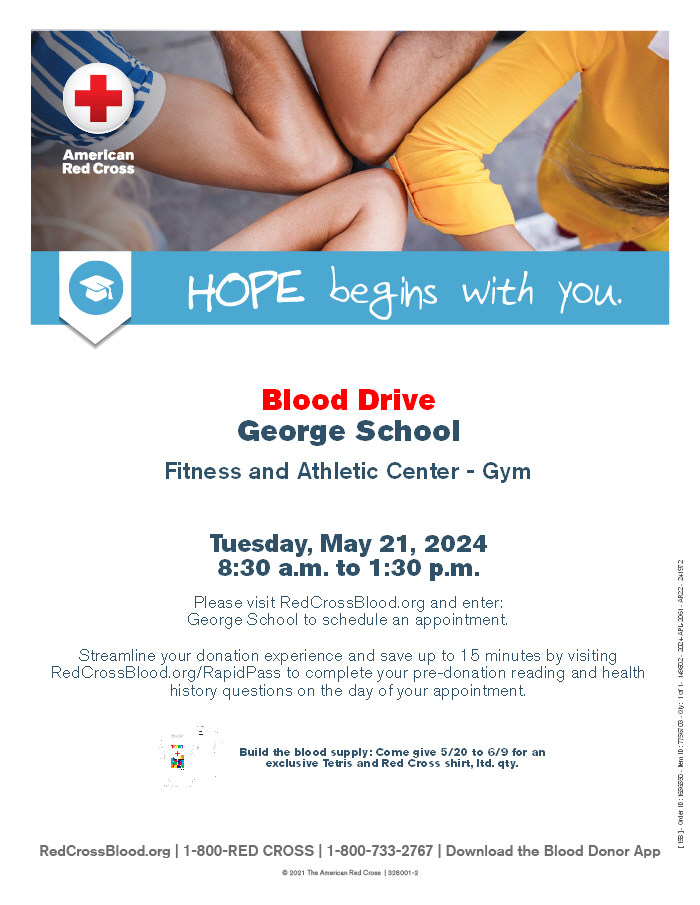

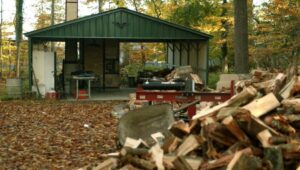

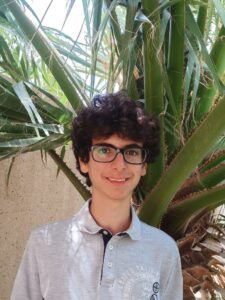 Monastir, Tunisia, and Amman, Jordan
Monastir, Tunisia, and Amman, Jordan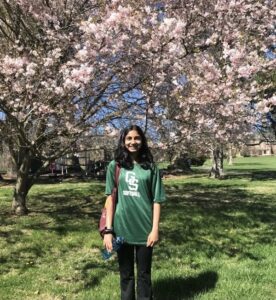 Irvine, CA
Irvine, CA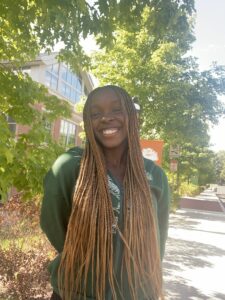 Feasterville-Trevose, PA
Feasterville-Trevose, PA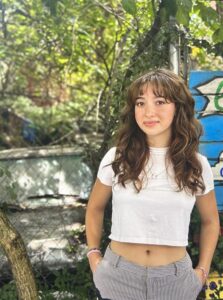 New Hope, PA (Previously NYC)
New Hope, PA (Previously NYC)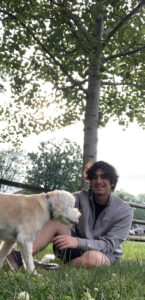 Richboro, PA
Richboro, PA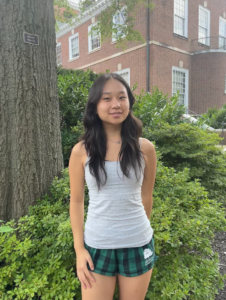 Englewood, NJ
Englewood, NJ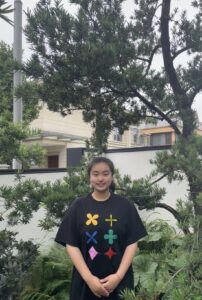 Ningbo, Zhejiang, China
Ningbo, Zhejiang, China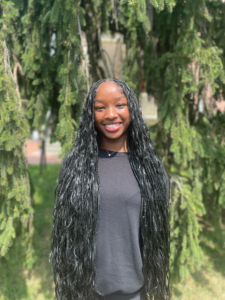 Willingboro, NJ
Willingboro, NJ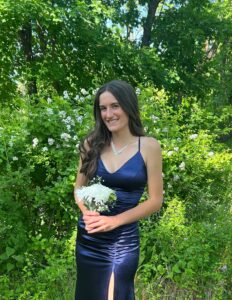 Yardley, PA
Yardley, PA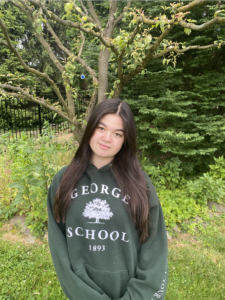 Newtown, PA
Newtown, PA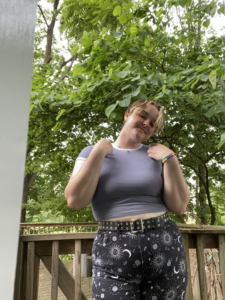 Holicong, PA
Holicong, PA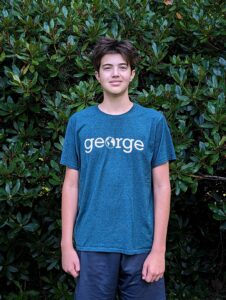 Newtown, PA
Newtown, PA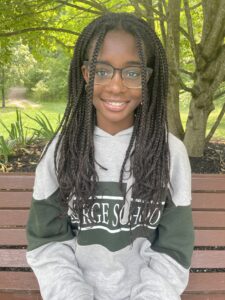 Hamilton, NJ
Hamilton, NJ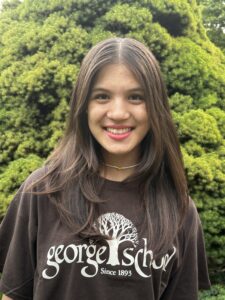 Yardley, PA
Yardley, PA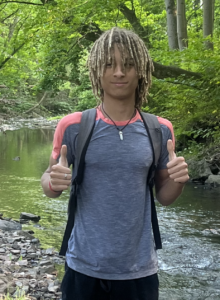 Lambertville, NJ
Lambertville, NJ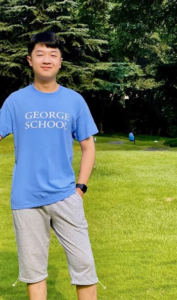 Chongqing, China
Chongqing, China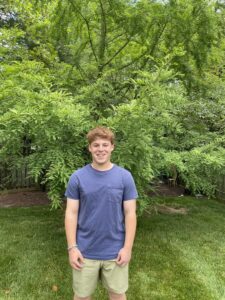 Pennington, NJ
Pennington, NJ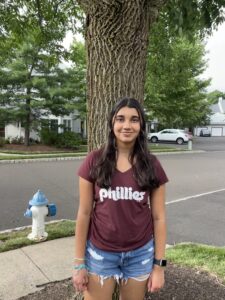 Yardley, PA
Yardley, PA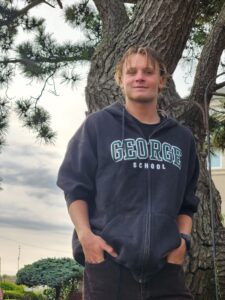 Bensalem, PA
Bensalem, PA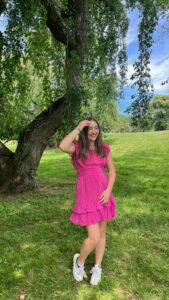 Borgota, Colombia
Borgota, Colombia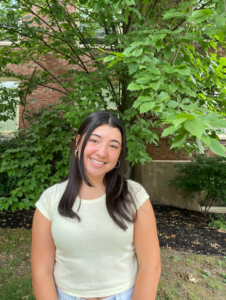 Newtown, PA
Newtown, PA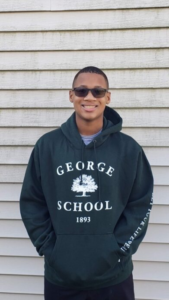 Burlington, NJ
Burlington, NJ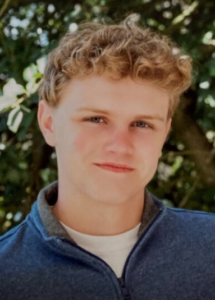 Langhorne, PA
Langhorne, PA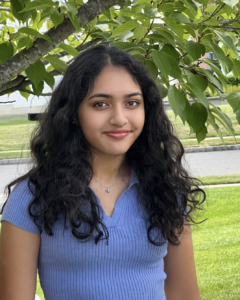 Princeton, NJ
Princeton, NJ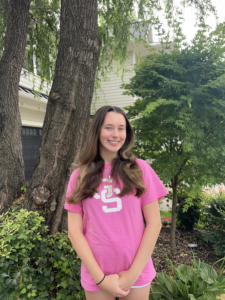 Langhorne, PA
Langhorne, PA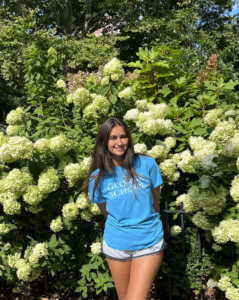 New York City, NY
New York City, NY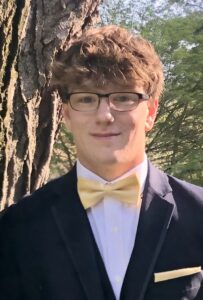 New Hope, PA
New Hope, PA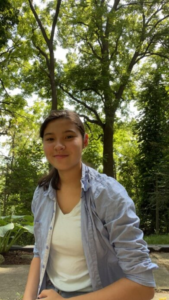 St. Catharines, Ontario, Canada
St. Catharines, Ontario, Canada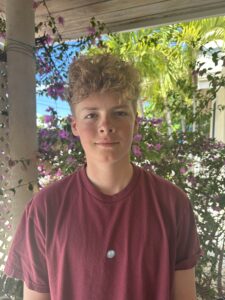 Providenciales, Turks and Caicos Islands
Providenciales, Turks and Caicos Islands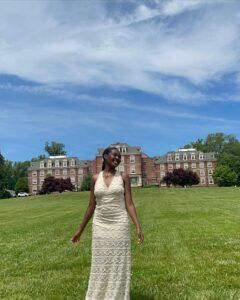 Willingboro, NJ
Willingboro, NJ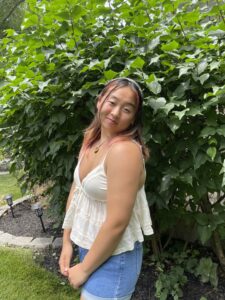 Princeton, NJ
Princeton, NJ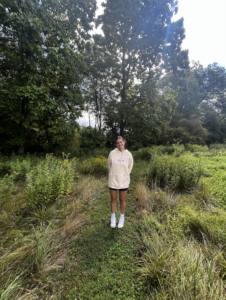
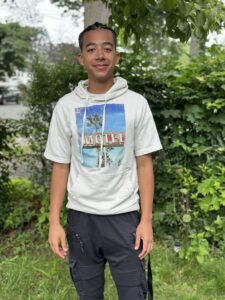 Newark, NJ
Newark, NJ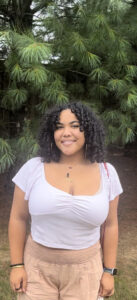 Trenton, NJ
Trenton, NJ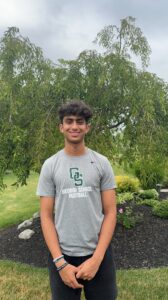 Newtown, PA
Newtown, PA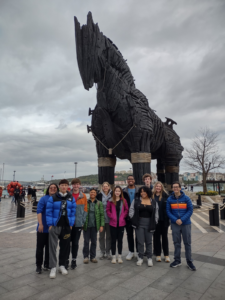
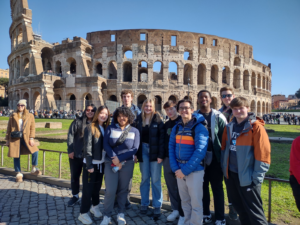
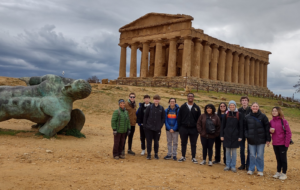
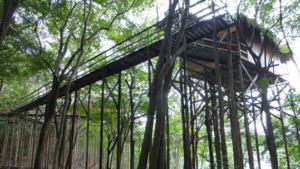
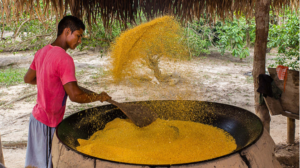

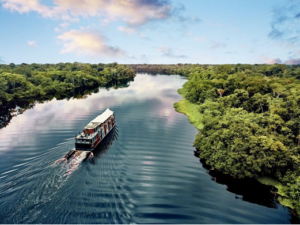
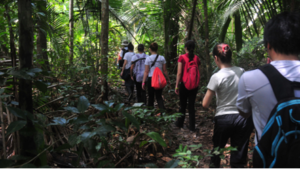
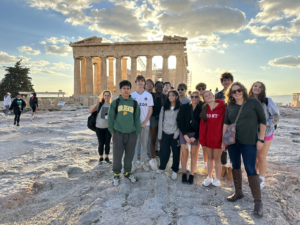
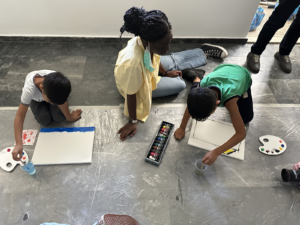
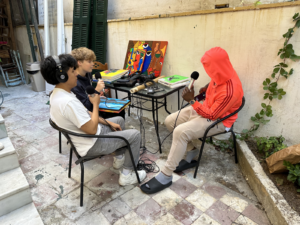
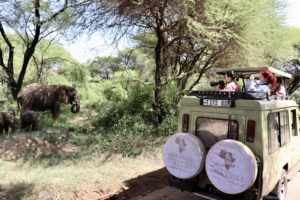
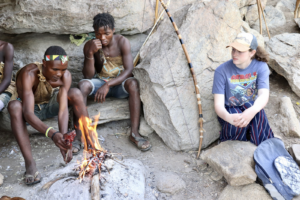
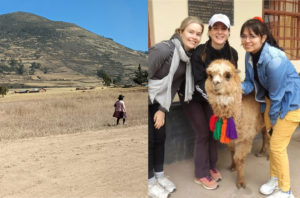
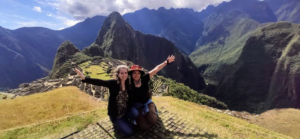
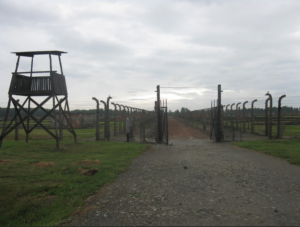
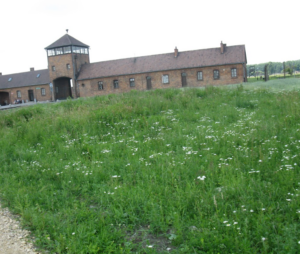
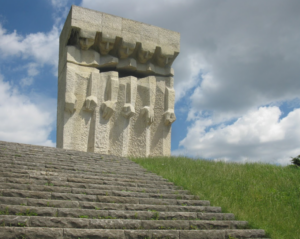
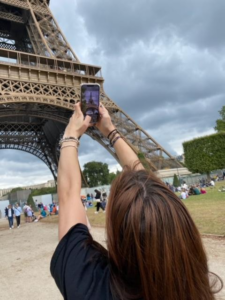
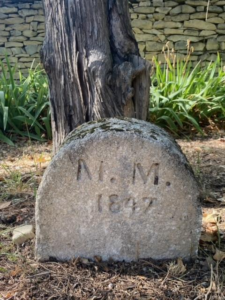
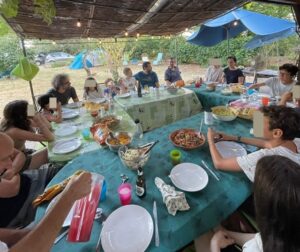
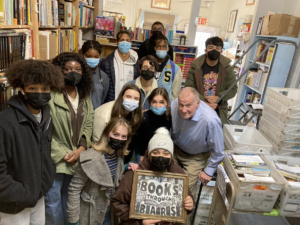
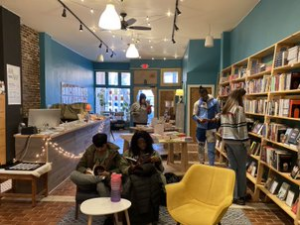
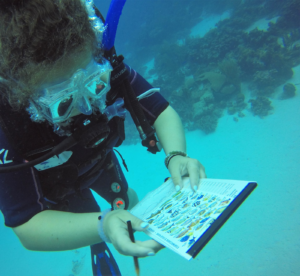
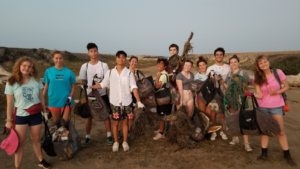
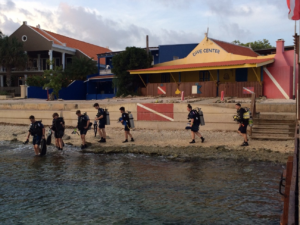
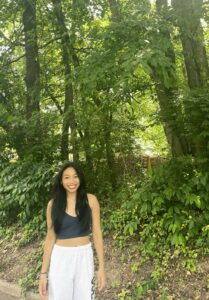 Lawrence, NJ
Lawrence, NJ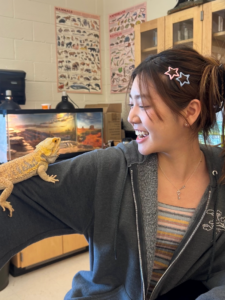 Seoul, South Korea
Seoul, South Korea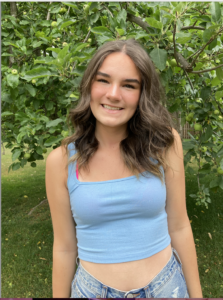
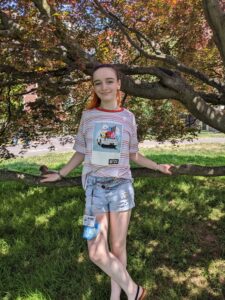 Milwaukee, Wisconsin
Milwaukee, Wisconsin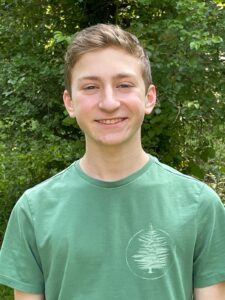 Pennington, NJ
Pennington, NJ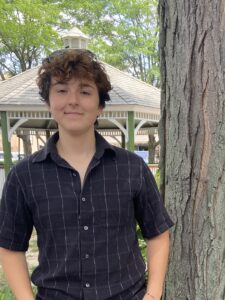 Jenkintown, PA
Jenkintown, PA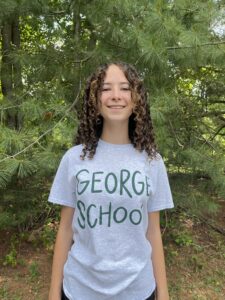 Ottsville, PA
Ottsville, PA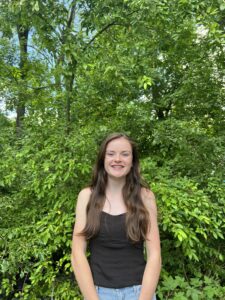 Yardley, PA
Yardley, PA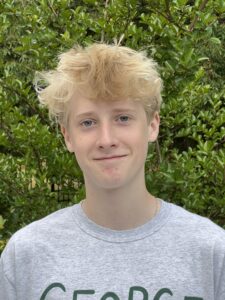 Providenciales, Turks and Caicos Islands
Providenciales, Turks and Caicos Islands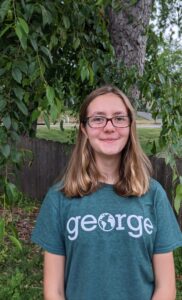 Hopewell, NJ
Hopewell, NJ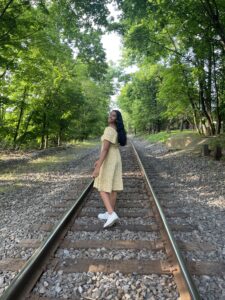
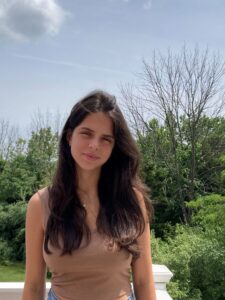 Pottstown, PA
Pottstown, PA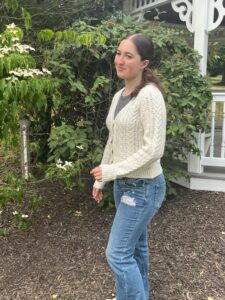 Playa del Carmen, Quintana Roo, México
Playa del Carmen, Quintana Roo, México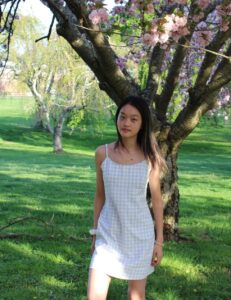 Shanghai, China
Shanghai, China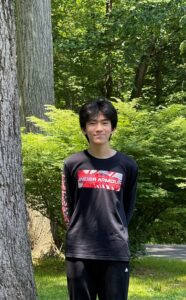 Beijing, China
Beijing, China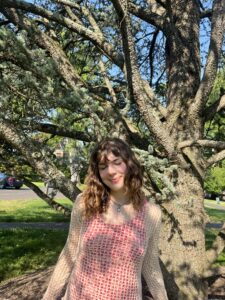 Yardley, PA
Yardley, PA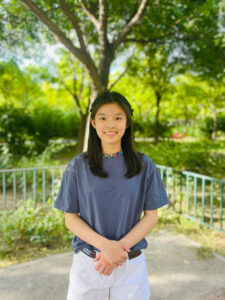 Beijing, China
Beijing, China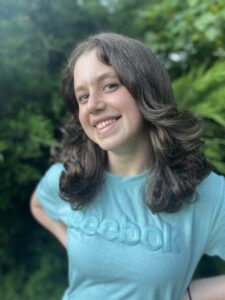 Holland, PA
Holland, PA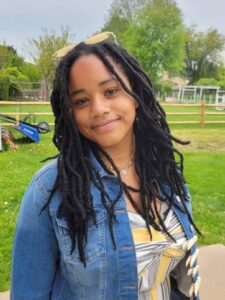 Langhorne, PA
Langhorne, PA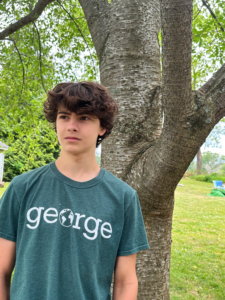 Ringoes, NJ
Ringoes, NJ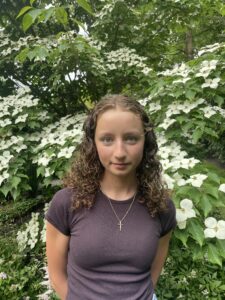 New Hope, PA
New Hope, PA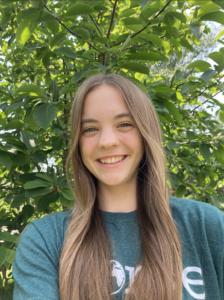 Dreshner, PA
Dreshner, PA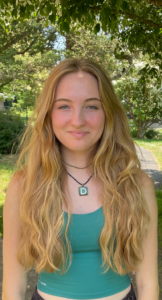 Yardley, PA
Yardley, PA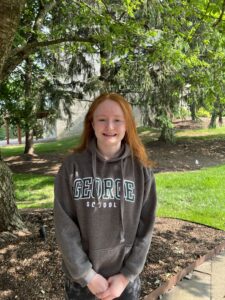 Yardley, PA
Yardley, PA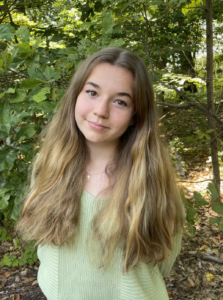 PA
PA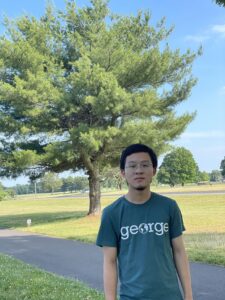
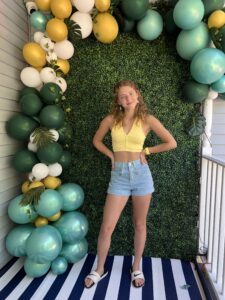
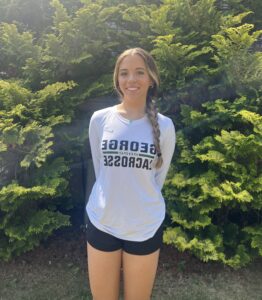
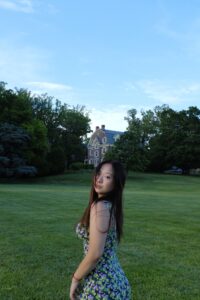 Xi’an, China
Xi’an, China